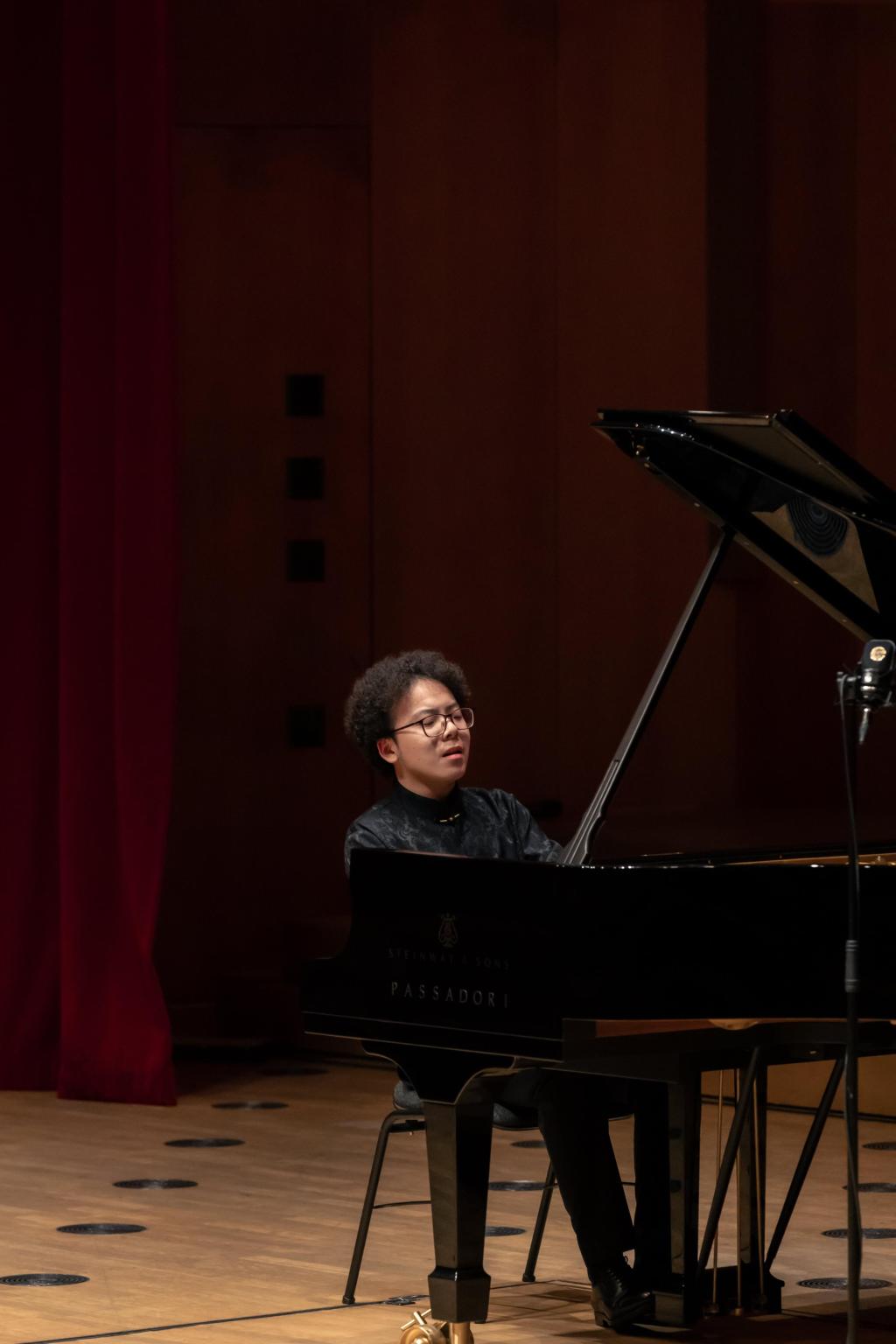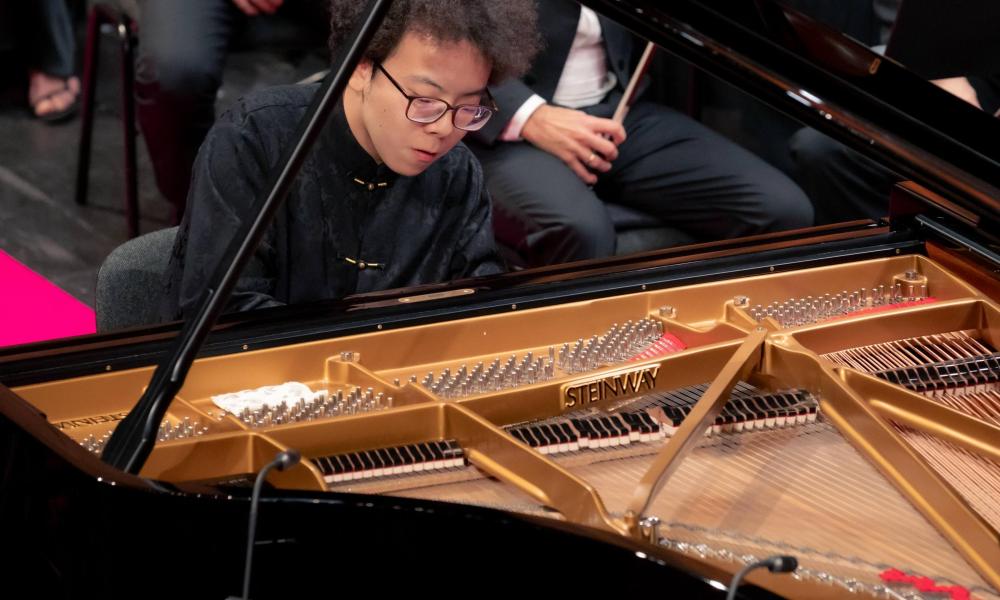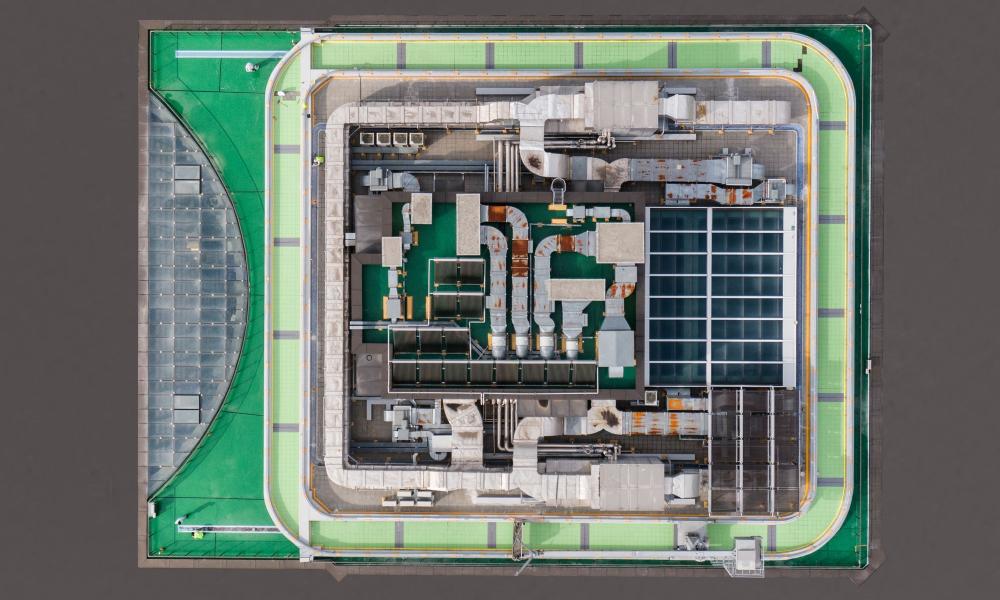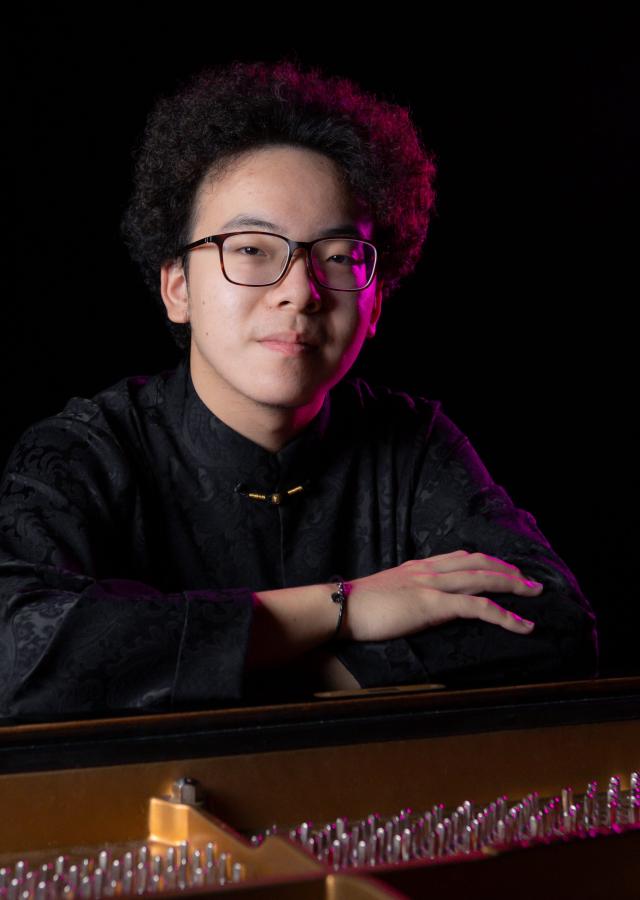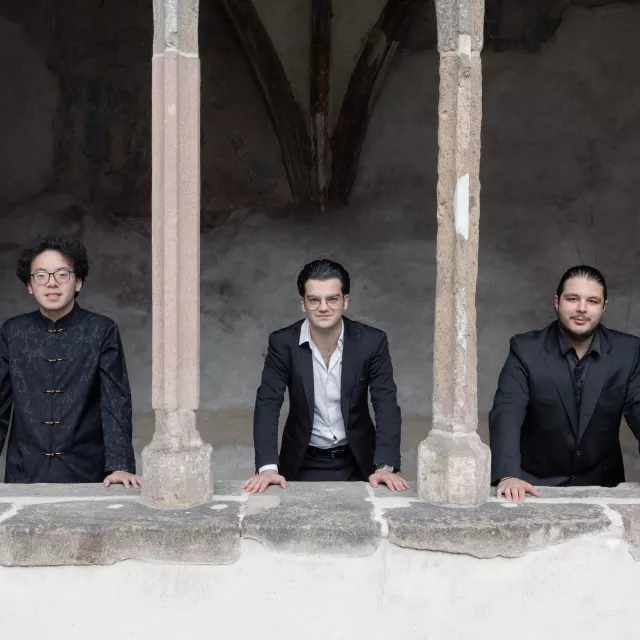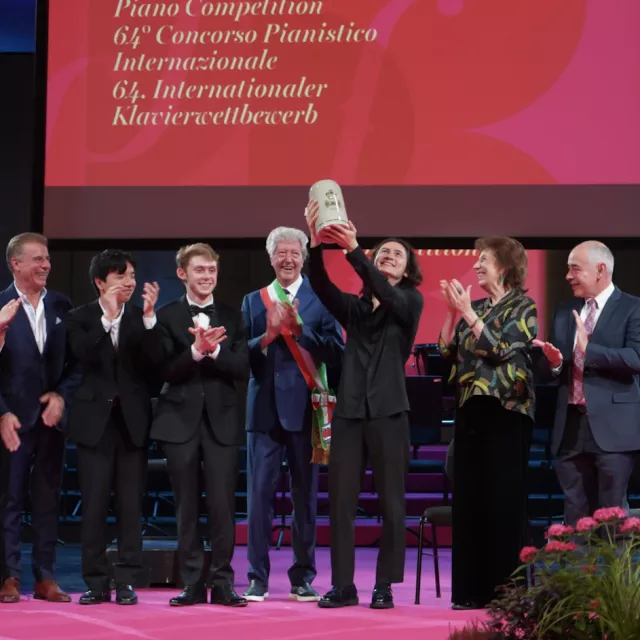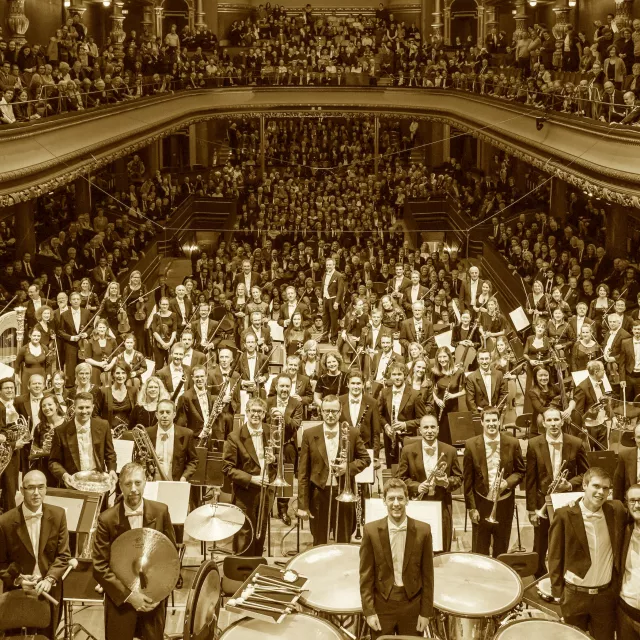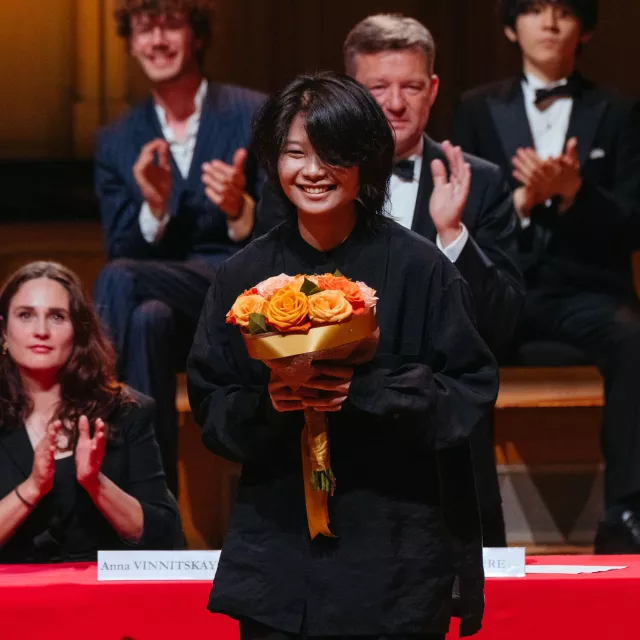So it was not really planned at all?
Right. It just happened out of coincidence. In a way, ideas like that just “emerge” from your life. They just happen.
Did you discuss this with anyone, or you just decided to do it that way?
I just decided. I believe that creative programming is very important. It’s like the business card of an artist. If a program is interesting, maybe more people will come to your concert.
But creative programming is hard to plan- it’s the process, or the inspiration of a certain moment that makes ideas happen. When you have a recital in two years, you have to plan long in advance.
Realistically, I have to decide programs because promoters need them. But creative programming is always part of my performances, especially with smaller, miniature pieces. Taken out of context, they may mean nothing, but putting them together in a creative way, you can create a completely new narrative.
Of course, this doesn't work for a whole recital. I will decide on a main program—a big piece, a long sonata, or even something like three Mozart sonatas for one half. That part is very specific. But what follows, the rest of the concert, is more flexible. I will see which piece fits the concept or the story of a certain program, and decide later what to do with it.
Do you ever get tired of certain pieces? You now have 30 or 40 concerts lined up after winning the competition. Are you doing various programs, or are you playing the same pieces over and over?
For this season, I'm not changing programs. Some promoters ask for specific Beethoven Sonatas, and I'll do that if it's their request. Otherwise, I will keep the same program. I want to maintain consistency, but my interpretations and my mood in every concert will be very, very different. It’s my principle that every concert must be unique. Two concerts cannot be the same.
Are there times when you feel like you just cannot get into the right mood? What do you do to become “creative”?
I improvise.
You mean, you improvise in the middle of a composition?
I improvise between pieces, or even within a certain piece. It changes my mind and brings in fresh ideas, because your thoughts and reactions are different every time. A sonata is a very big structure, and of course, that structure is settled. But there are always parts—I call it “interpretative improvisation”—that I do differently in every concert. Without violating the larger structure, it helps maintain a certain spontaneity and a fresh mind.
Do you have a “recipe” to get into that mood when you go on stage? If you’re having a bad day, if you have other things on your mind, or if are worried about something, what is your remedy?
I will ask the audience. I ask the audience to give me just three random notes, and I will improvise on them for one or two minutes. It’s a kind of warm-up for my mind. A less unorthodox way is to open with Scarlatti, or with small pieces that allow for a lot of interpretive space. Once I get into the mood with these small pieces, it will be much easier to perform a big sonata. We always need an “entry” into a program.
